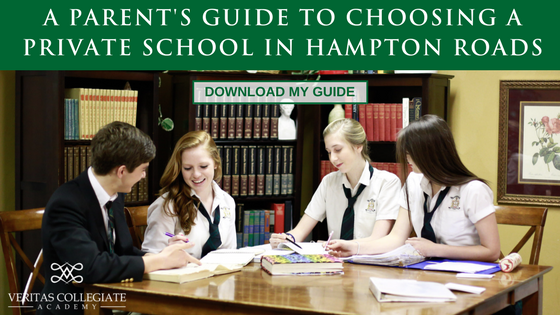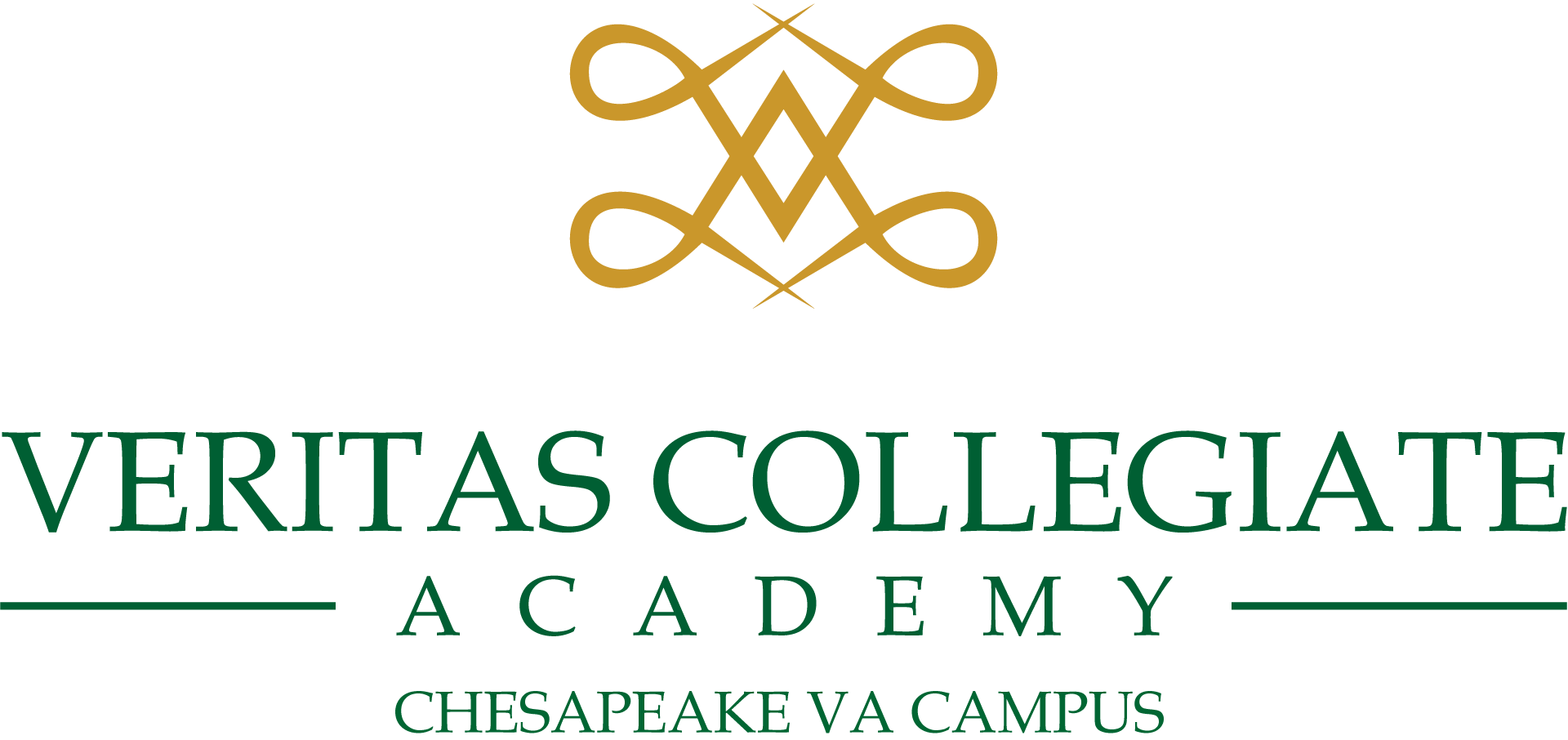
Lately, there has been increased discussion about school vouchers and school choice; however, there are some vocal opponents of private education. In 2013, Slate Magazine published an article, “If You Send Your Child to a Private School, You are a Bad Person,” and it received 108,000 Facebook shares. The author argues that “if every single parent sent every single child to public school, public schools would improve,” even though results “could take generations.” The author wants parents to sacrifice their child’s current academic success for the good of future children.
However, based on my thirteen years of primary and secondary education, private faith-based schools are a great way to prepare your child for the future. Three specific benefits are better academic results, more empowered teachers, and deeper educator-student relationships.
1. Better College PreparationWhen I began in the Fall of 2011, I was significantly better prepared as a University of Virginia (UVa) freshman, especially in the liberal arts. Academically, I knew precisely what was expected of me.
In contrast, my roommate explained how she did not know how to analyze literature or organize her thoughts into a coherent paper. She went to a prestigious public school in Northern Virginia, but she struggled in an academically rigorous environment like UVa.
Due to large classes at her high school, she was able to fly under the radar and simply disappear. And since she was interested in a STEM career, her teachers did not encourage her to pursue classes outside of that discipline.
My private Catholic high school emphasized music, literature, language and writing classes, even for STEM-inclined students. Our teachers knew that good reading and writing skills lead to greater critical thinking abilities.
When I went to college, I was able to craft well-written papers, and I was able to have intelligent conversations with my professors about Fitzgerald and Dostoyevsky. Such advanced authors were required reading in my early high school years.
Through such rigorous preparation, I developed skills to help me argue coherently and logically, and I could write both formally and creatively. I am convinced that my private school foundation gave me a distinct advantage in college.
2. Greater Academic Freedom
Teachers at my private school were not confined by standardized tests nor restrained from broadening our academic horizons. In many classes, we were free to explore subjects in which we were interested.
I worked one-on-one with my literature professor during my senior year while writing a 20-page research paper on a topic of my choice. I crafted a well-researched argument, and I took those skills with me to college.
Many of my peers at UVa had never written papers longer than three or four pages, and they struggled in college. However, I greatly benefitted from the academic freedom provided to my teachers. Good reading and writing abilities are key to critical thinking and clear communication; both attributes that are severely lacking in kids today.[i]
3. Close Faculty-Student Relationships
A third benefit of sending your child to private school is the low student-to-teacher ratio, which allows students and teachers to develop meaningful and life-long  relationships.
relationships.
I continually return to my high school to see the literature professor who encouraged me to pursue an in-depth, mature analysis on the burqa, a topic fraught with controversy.
I still help my science teacher lead National Parks trips to the Grand Canyon and the U.S. Virgin Islands.
I am in regular communication with my history and theology teachers, who are kind, thoughtful, well-informed individuals.
Since I am a teacher now, their advice is invaluable to me – they suggest readings to use in my own classes, as well as ways to help individual students have a more positive experience in the classroom.
Small class sizes, coupled with a plethora of teachers who really cared about their individual students, encouraged me to foster the close relationships I had, and still have, with my teachers.
When I graduated from the University of Virginia with degrees in Media Studies and History, I realized I would have struggled much more in college without a start at a private, faith-based school. I was shaped by this type of school, and without its benefits, I would have never experienced such success as an undergraduate.
In conclusion, my experience in a private, faith-based education has been nothing but positive. These institutions can offer your child a creative, liberal arts-based, intellectually-rigorous foundation that will mold them into well-prepared college students and mature adults.

[i] Julie Lythcott-Haims, “A Stanford Dean on Adult Skills Every 18-Year-Old Should Have,” https://qz.com/644491/a-stanford-dean-on-adult-skills-every-18-year-old-should-have/

.png?width=1920&name=VCA%20VA%20Logo%20White%20PNG%20(1).png)

